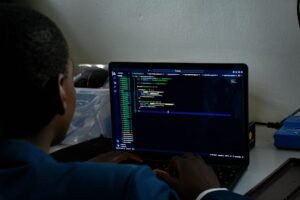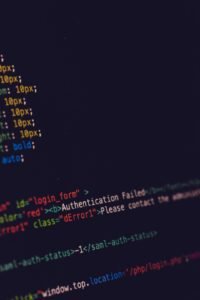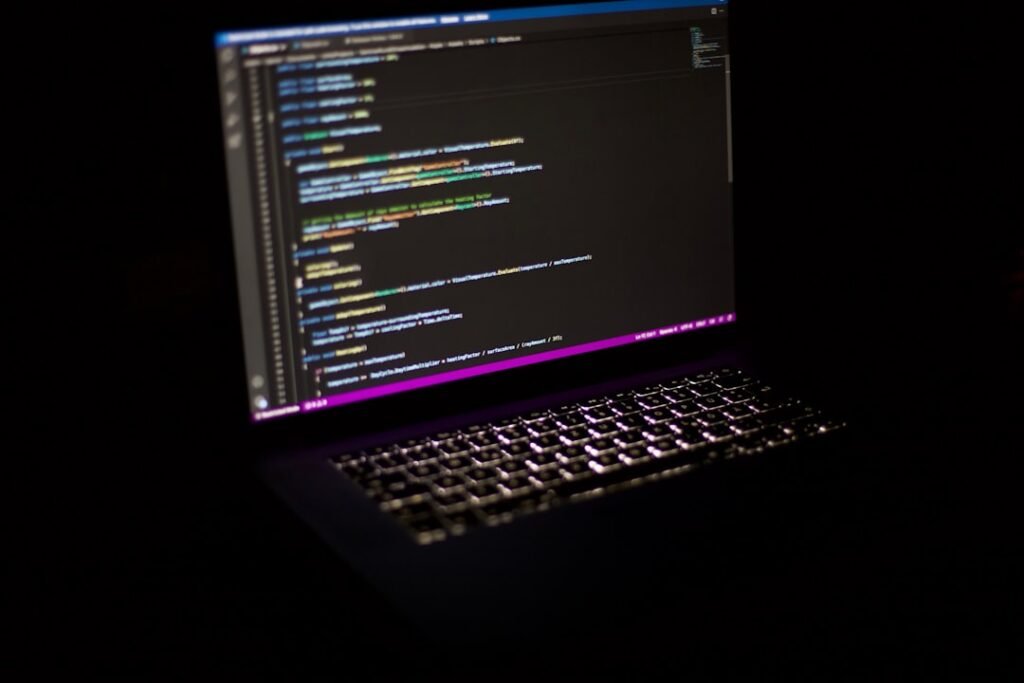يمثل التدريب اللامركزي حدوداً رائدة في مجال الذكاء الاصطناعي، حيث يوسع نطاق مبادئ البلوك تشين في عصر الذكاء الاصطناعي مع إرساء الأساس لأنظمة الإنتاج الذكي التعاونية عالمياً. تعالج هذه النقلة النوعية التحديات الحرجة في سلسلة القيمة للذكاء الاصطناعي، حيث يظل تدريب النموذج هو المرحلة الأكثر كثافة في الموارد والأكثر تطلبًا من الناحية التقنية، والتي تحدد القدرات النهائية للنموذج وتطبيقاته العملية.
تهيمن أربعة هياكل تدريب أساسية في الوقت الحالي على هذا المجال:
1. ** التدريب المركزي**: النهج التقليدي حيث تقوم جهة واحدة بإجراء جميع عمليات التدريب على مجموعات محلية عالية الأداء. وعلى الرغم من كفاءة هذه الطريقة وإمكانية التحكم فيها، إلا أنها تواجه مشاكل مثل احتكار البيانات، وحواجز الموارد، ونقاط الضعف في نقطة واحدة.
2. **التدريب الموزع**: النهج السائد للنماذج الكبيرة، والذي يتضمن توزيع المهام عبر أجهزة متعددة مع الحفاظ على التحكم المركزي. تشمل التقنيات توازي البيانات، وتوازي النماذج، وتوازي خطوط الأنابيب، وتوازي الموتر.
3. **التدريب اللامركزي**: مسار ناشئ يؤكد على الانفتاح ومقاومة الرقابة، حيث تتعاون العقد غير الموثوق بها دون تنسيق مركزي. تشمل التحديات الرئيسية عدم تجانس الأجهزة، واختناقات الاتصالات، ونقص التنفيذ الموثوق به، وتعقيد التنسيق.
4. **التعلم الاتحادي**: نموذج انتقالي يجمع بين البنية الهندسية للتدريب الموزع ومزايا البيانات اللامركزية، وهو نموذج انتقالي يجمع بين البنية الهندسية للتدريب الموزع ومزايا البيانات اللامركزية، وهو مناسب بشكل خاص للتطبيقات الحساسة للخصوصية.
تشمل المشاريع الرائدة الرائدة في ريادة التدريب اللامركزي كلاً من Prime Intellect وPluralis.ai وGensyn وNous Research وFlock.io، حيث يقدم كل منها أساليب تقنية فريدة من نوعها:
- **تركز شركة برايم إنتيليكت** على التعلم المعزز القابل للتحقق من خلال إطار عمل PRIME-RL، والتحقق من TOPLOC، وبروتوكولات تجميع الأوزان SHARDCAST.
- **يستكشف **Pluralis.ai** توازي النماذج غير المتزامنة والضغط الهيكلي من خلال مفهوم تعلم البروتوكول.
- **يقوم **Gensyn** ببناء طبقة تنفيذ قابلة للتحقق لمهام التدريب من خلال نظام سرب RL وآلية إثبات التعلم.
- **تشدد شركة نوس للأبحاث ** على التطور المعرفي من خلال شبكتها Psyche ومحسِّن DisTrO.
- **يعزز موقع **Flock.io** التعلُّم الموحّد من خلال التنسيق القائم على سلسلة الكتل.
يتضمن النظام الإيكولوجي أيضًا حلول ما بعد التدريب مثل Bagel (التحقق من zkLoRA) وPond (ضبط شبكة GNN) وRPS Labs (تطبيقات DeFi)، مما يشكل سلسلة قيمة كاملة من البنية التحتية إلى النشر.
مع تطور هذا المجال، يواجه التدريب اللامركزي عقبات تقنية وإمكانات هائلة. وعلى الرغم من أنها ليست مناسبة لجميع أنواع المهام، إلا أنها تُظهر إمكانات واعدة بشكل خاص في السيناريوهات الخفيفة والمتوازية مثل الضبط الدقيق لـ LoRA، ومهام محاذاة RLHF/DPO، والتعاون بين الأجهزة المتطورة. قد يؤدي التقارب بين آليات الثقة في سلسلة الكتل مع المتطلبات الحسابية للذكاء الاصطناعي في نهاية المطاف إلى إنشاء نموذج جديد لتطوير ذكاء مفتوح وتعاوني.












